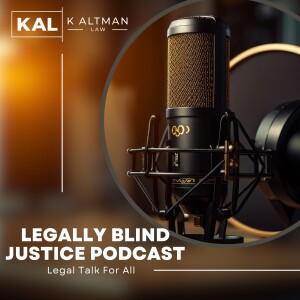
Summary: This conversation explores the intricacies of due process in special education, emphasizing the significance of comprehending the legal framework, mediation, and the hearing process. The speakers emphasize the importance of parental advocacy and preparation to navigate disputes effectively, ensuring that children receive the educational services they are entitled to under the law.
Takeaways
- Due process is essential when parents and schools disagree on special education services.
- Mediation can often resolve disputes before they escalate to due process hearings.
- Parents should prepare thoroughly for due process to level the playing field against school districts.
- The burden of proof in due process hearings lies with the claimant, usually the parents.
- Documentation and evidence are critical in supporting a case during due process.
- FAPE guarantees that all students receive a free and appropriate public education.
- Retaliation against parents for filing due process complaints is a violation of constitutional rights.
- Understanding failure points in a case can significantly impact the outcome of a hearing.
- Parents are encouraged to seek legal representation to navigate the complexities of due process.
- The hearing process involves presenting evidence and witnesses to support the case.
Sound Bites
- "You need help in due process hearings."
- "The burden of proof is on the claimant."
- "Documentation is crucial for due process."
Keywords:
Due process, special education, mediation, hearings, FAPE, parental rights, education law, advocacy, IDEA, legal representation
Version: 20241125
No comments yet. Be the first to say something!